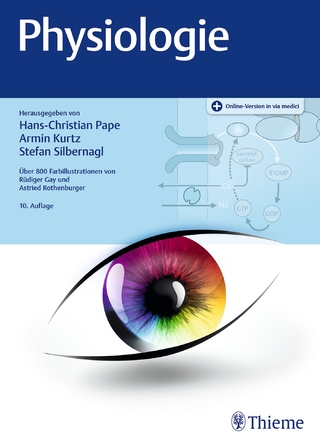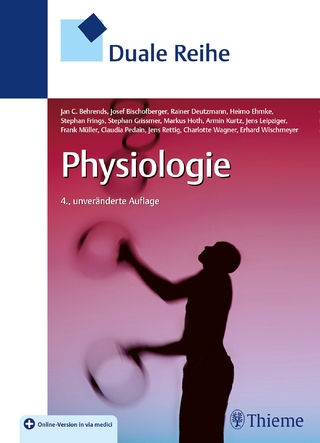
Environmental Influences on the Immune System
Springer Wien (Verlag)
978-3-7091-4883-9 (ISBN)
This book brings together articles on the overarching theme of how the environment shapes the immune system.
The immune system is commonly assumed to respond to harmful pathogens such as bacteria and viruses. However, harmless bacteria, chemicals, stress, normal food and other factors can also trigger, shape or interfere with the immune system, often producing adverse effects. Yet, it is also becoming increasingly accepted that some of these interactions are physiological and necessary for a healthy immune system.
Examples of negative effects include the immunosuppressive effects of UV irradiation, or the immunotoxic effects of man-made chemicals such as polycyclic aromatic hydrocarbons. Autoimmunity or allergies can be the adverse consequences of interaction between the immune system and chemical compounds such as drugs. Positive effects can come from natural exposure levels to bacteria, healthy life-style or the diet.
Charlotte Esser is Professor of Immunology and group leader at the Leibniz Research Institute for Environmental Medicine (IUF) in Düsseldorf, Germany. Her Research focuses on the adverse or beneficial consequences that low molecular weight substances (such as environmental toxins or dietary supplements) have on function and differentiation of the immune system in mice and men. A main focus lies on the analysis of the arylhydrocarbon receptor.
Preface.- Principal players and structure of the immune system.- Immunosuppression by UV-irradiation.- "Eat your veggies" How food-derived AhR ligands are necessary for the development of a functioning gut immune system.- The "Hygiene Theory" - how the immune system learns its balance by exposure to the right bacteria.- Immunotoxicity of dioxins.- Toxic dust and the immune system.- Adrenalin, cortisol and Co: Stress and the immune system.- Immunity and depression: Does inflammation affect our mood?- Diabetes and low-level persistent inflammation caused by the environment.- Mechanisms of major immunosuppressive drugs.- The immune system in the young.- Immunity and age - exhaustion of repertoire by immune experience.- Major research models.- Epigenetic imprinting influences on the immune competence.- Contact allergy and life-style.- Chemicals breaking tolerance leading to allergies and autoimmunity.- The challenge of predicting immunotoxic potential of chemicals.- Environmental pollution and industrial accidents such as Bhopal- a human rights perspective.
| Erscheinungsdatum | 19.12.2018 |
|---|---|
| Zusatzinfo | XIX, 378 p. 24 illus., 7 illus. in color. |
| Verlagsort | Vienna |
| Sprache | englisch |
| Maße | 155 x 235 mm |
| Gewicht | 749 g |
| Themenwelt | Medizin / Pharmazie ► Medizinische Fachgebiete ► Pharmakologie / Pharmakotherapie |
| Studium ► 1. Studienabschnitt (Vorklinik) ► Physiologie | |
| Studium ► Querschnittsbereiche ► Infektiologie / Immunologie | |
| Schlagworte | allergy • autoimmunity • Danger of UV • Immunotoxicology • Microbiom • Nutrition and Health |
| ISBN-10 | 3-7091-4883-9 / 3709148839 |
| ISBN-13 | 978-3-7091-4883-9 / 9783709148839 |
| Zustand | Neuware |
| Haben Sie eine Frage zum Produkt? |
aus dem Bereich


